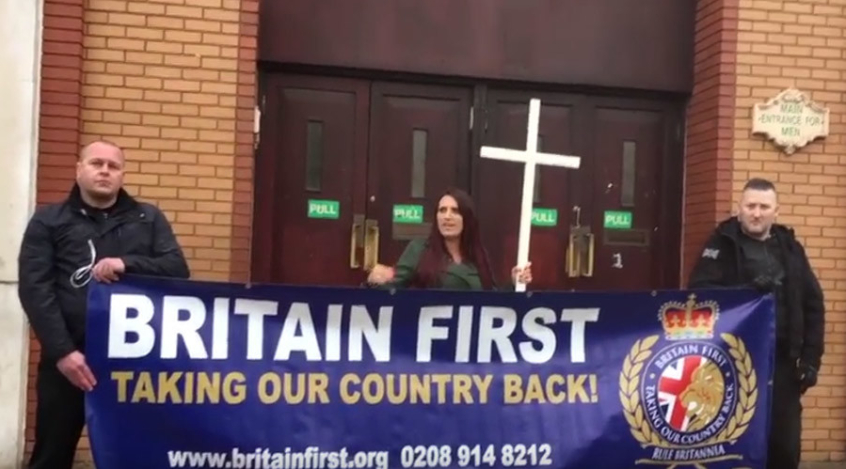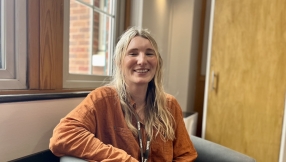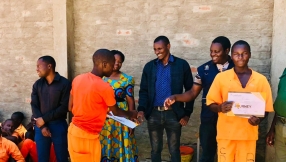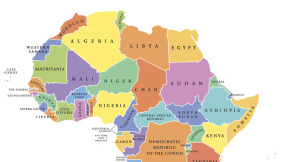It's official, then: Christians in Europe are more likely to be anti-Muslim, anti-Jewish and anti-immigrant.
That's according to a Pew survey released yesterday. And it's true across churchgoers and non-churchgoers, so it's not just something we can blame on 'nominal' Christians.
Let it sink in: a practising Christian is more likely to be hostile to people of other religions and more likely to want to keep outsiders out than someone with no religion at all.
On Islam, in the UK 45 per cent of church-going Christians say Islam is fundamentally incompatible with British values and culture, as do 47 per cent of non-practising Christians. Among religious 'nones' — those who do not identify with a particular faith — only 30 per cent agree. Christians are also less likely to say they'll accept Jews into their families and more likely to agree with typically antisemitic statements.

The normal Christian reaction to a survey like this is to rubbish the methodology and find ways of explaining it away. These aren't 'real' Christians we're talking about, perhaps. Or they might not even bother: we know Muslims are the enemy, they'll think; it's everyone else who's got it wrong.
It's pretty clear what's going on here. Even among good churchgoing Christians, faith has become a marker of cultural identity. As we define ourselves positively as Christians, we're defining ourselves in opposition to other religious groups. And to bolster our own faith identity, we denigrate that of others. They become the people we define ourselves against – and we unconsciously buy into all supposed negatives about them.
The 'non-practising Christians' follow a similar track. But for them, Christianity is more openly a cultural marker. It's the Muslims, or the Jews, who are the outsiders, and since they're defined by their religion, we must be too. So Christianity becomes a badge of national identity and religion is used as a tool of exclusion and discrimination.
It's not pretty. But this kind of research is essential in holding up a mirror to the church. I doubt very much whether hostility to Muslims or immigrants is taught from pulpits. It's more subtle than that; it's in the atmosphere, absorbed through the skin. And that makes it harder to counter.
It must be countered, though, because it's idolatry. Anything that puts race, creed or nation before Christ is idolatry. 'If anyone is in Christ, the new creation has come: the old has gone, the new is here,' says Paul (2 Corinthians 5:17). We are 'in Christ', not 'in Britain' or 'in the Church of England'. We don't define ourselves in relation to anything else.
The Pew report was released yesterday. Also yesterday, the Starbucks chain in the US closed 8,000 cafes for the afternoon so staff could undergo compulsory race awareness training. It followed the arrest last month of two black men at a Starbucks in Philadelphia for – well, being black.
Of course the closure was a stunt, aimed at getting good headlines after the terrible ones over the Philadelphia incident. Of course you can't deliver quality training in 8,000 places at once and of course it would have been more effective to do a few hundred – at most – at a time.
But it was still a powerful statement of a commitment to get it right, and an acknowledgment that what drives people's actions and reactions is often the result of mental processes they aren't aware of.
So maybe that Pew report ought to promote a Starbucks moment for the church. Maybe there needs to be a widespread acknowledgment that love for Christ and his church has a shadow side, that it can be contaminated by hatred and suspicion of those who aren't part of the tribe. Maybe we need to be taught to see that the other isn't the enemy.
Maybe we need to read more about Jesus, who saw people rather than labels. Maybe instead of letting our Christianity become a proxy for our prejudice, we just need to be better Christians.
Follow Mark Woods on Twitter: @RevMarkWoods













